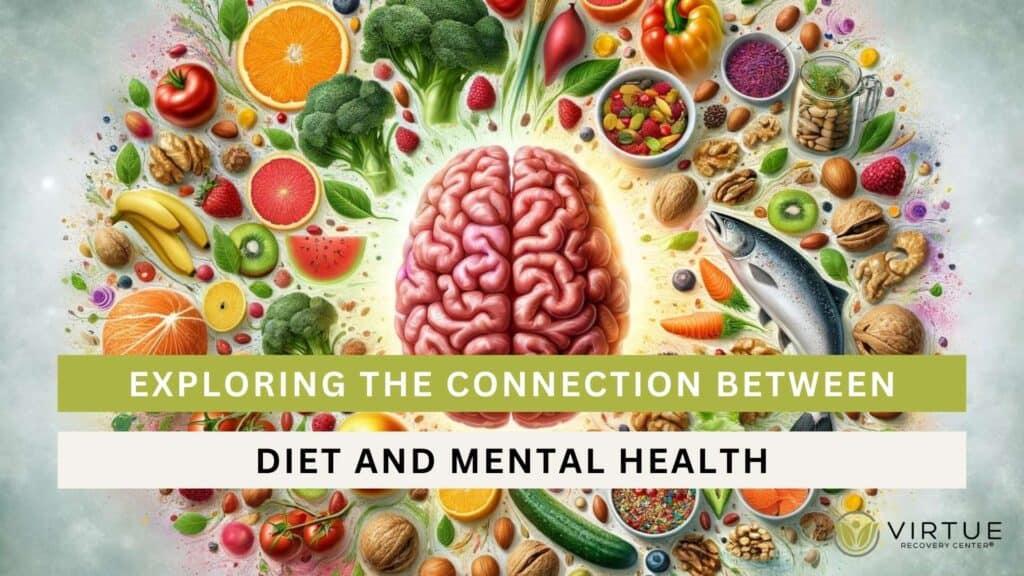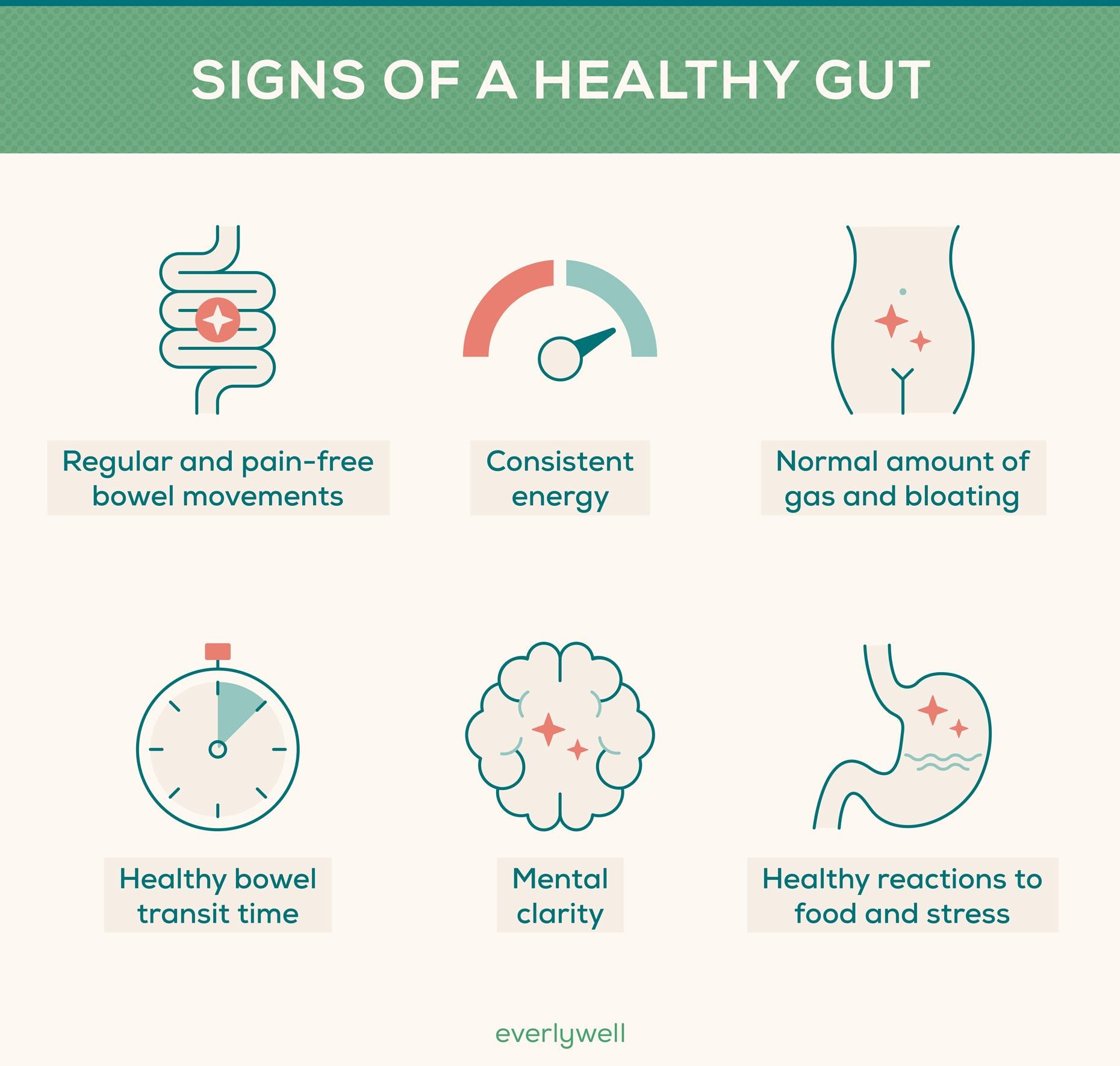In the intricate tapestry of human health, threads of nutrition and mental well-being are woven together in ways that science is only beginning to fully unravel. Imagine a world where the contents of our plates directly influence the landscapes of our minds, where each bite not only fuels the body but also nurtures the spirit. The connection between nutrition and mental health, once relegated to the peripheries of medical discourse, is now emerging as a vital frontier in understanding the holistic nature of human health. As we embark on this exploration, we delve into how the nutrients we consume can affect our mood, cognitive function, and overall psychological resilience, inviting us to rethink the age-old adage, “You are what you eat,” with newfound depth and insight.
Nourishing the Mind: How Diet Impacts Emotional Well-being
It’s no secret that what we consume can affect our bodies, but the link between diet and mental health is a fascinating subject that is gaining increasing attention. Nutrient-rich foods not only fuel our physical energy but also play a critical role in supporting emotional balance. Research suggests that certain nutrients are pivotal in the production of neurotransmitters, the brain’s chemical messengers that regulate mood and cognition.
- Omega-3 fatty acids: Found in fish like salmon and mackerel, these fats are essential for brain health and have been associated with reduced symptoms of depression.
- B Vitamins: Foods like leafy greens, beans, and whole grains are rich in B vitamins, which are crucial for energy production and neurotransmitter synthesis.
- Antioxidants: Berries, nuts, and seeds are packed with antioxidants that help protect the brain from oxidative stress, potentially improving overall mood and cognitive function.
Incorporating these foods into your diet can be a simple yet effective strategy to support mental well-being. By nurturing your body with these key nutrients, you may find a positive impact not just on your physical health, but on your emotional resilience and clarity as well.
Brain Food: Essential Nutrients for Mental Clarity and Stability
Understanding the impact of our dietary choices on mental well-being is more important than ever. A balanced diet rich in specific nutrients can enhance brain function, mood stability, and overall mental clarity. Here are some essential nutrients that play a pivotal role in maintaining mental health:
- Omega-3 Fatty Acids: Found in fatty fish, flaxseeds, and walnuts, these are crucial for brain cell structure and function, helping to reduce symptoms of depression and anxiety.
- B Vitamins: Particularly B6, B9 (folate), and B12, these vitamins are vital for producing neurotransmitters like serotonin and dopamine, which regulate mood. Leafy greens, eggs, and legumes are excellent sources.
- Antioxidants: Present in colorful fruits and vegetables, antioxidants protect brain cells from oxidative stress and inflammation, supporting cognitive function and emotional balance.
- Magnesium: This mineral is known for its calming effects on the nervous system and can be found in nuts, seeds, and whole grains.
- Vitamin D: Often called the “sunshine vitamin,” it plays a role in mood regulation. Fatty fish, fortified foods, and sunlight exposure can help maintain adequate levels.
Integrating these nutrients into your diet can create a solid foundation for improved mental health, offering a natural approach to achieving mental clarity and stability.

Balancing the Mood: The Role of Gut Health in Emotional Regulation
In recent years, scientific research has uncovered fascinating insights into how our gut health significantly impacts our emotional well-being. Often referred to as the “second brain,” the gut is home to trillions of microorganisms that play a crucial role in regulating our mood. This intricate relationship between the gut and the brain is largely mediated by the gut-brain axis, a complex communication network that links emotional and cognitive centers of the brain with peripheral intestinal functions.
Several factors contribute to this intricate balance:
- Microbiome Diversity: A diverse gut microbiome can enhance resilience against stress and anxiety, fostering a more balanced emotional state.
- Serotonin Production: Approximately 90% of serotonin, a neurotransmitter that contributes to feelings of happiness and well-being, is produced in the gut.
- Inflammation Control: Healthy gut bacteria help reduce inflammation, which is linked to mood disorders such as depression.
By nurturing our gut health through a balanced diet rich in prebiotics, probiotics, and fiber, we can support our mental health and enhance our emotional resilience.

Practical Dietary Tips for Enhancing Mental Resilience
Incorporating the right foods into your daily routine can serve as a powerful tool in bolstering your mental resilience. Here are some practical dietary tips to consider:
- Embrace Omega-3 Fatty Acids: Found in abundance in fatty fish like salmon and mackerel, omega-3s are essential for brain health. Consider adding a serving to your weekly meals to support cognitive function.
- Focus on Fiber-Rich Foods: Whole grains, fruits, and vegetables not only stabilize your blood sugar levels but also foster a healthy gut microbiome, which has been linked to improved mood and reduced anxiety.
- Hydration is Key: Dehydration can lead to fatigue and impaired concentration. Aim to drink at least eight glasses of water a day to keep your mind sharp and your mood stable.
These adjustments, while simple, can have a profound impact on your overall mental well-being. By being mindful of what you eat, you can build a diet that supports both your body and mind.








